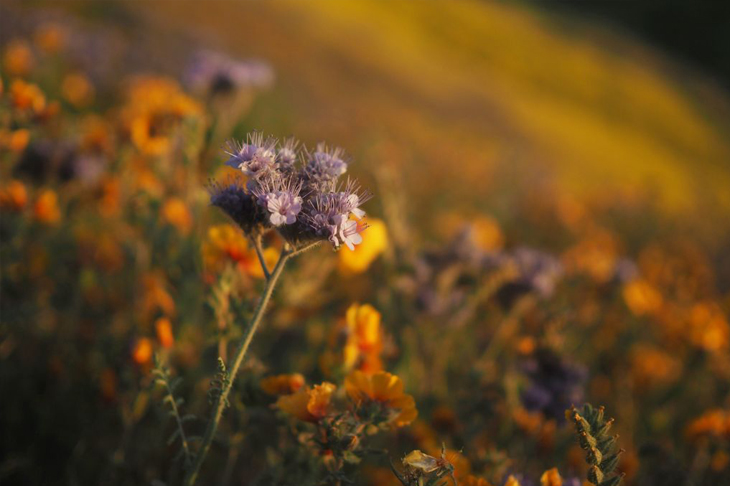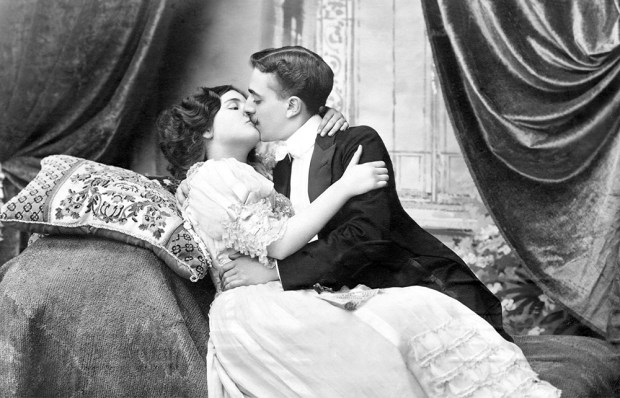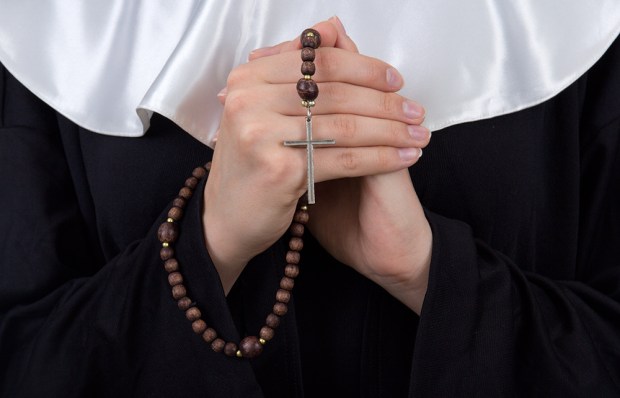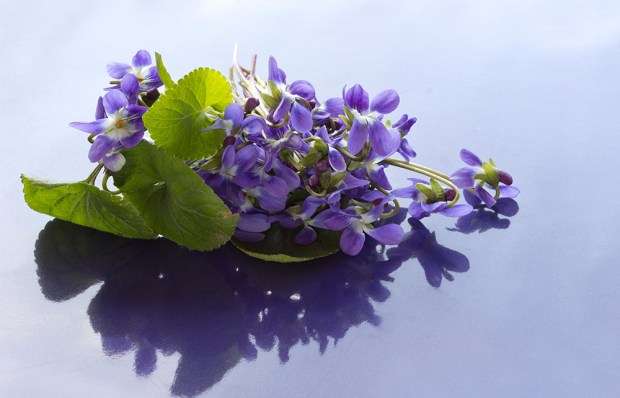Homesick for England, family and friends, I flew back, and the next day went for a long walk with my brother.
We’ve both had the same cancer, my brother and I, and we’ve both been chemically castrated. We attend the same oncology department, and we are both recovering.
(In my brother’s case this is almost miraculous, given that when his cancer was first identified it was found to be spreading as rapidly as Islam in the 7th century.) And for both of us, the shock of diagnosis, and the prospect of an early death, was quickly followed by a surprising joy, which intensified during treatment, then diminished as the tumour shrank, the alarm bells died away, and the prospect of a reprieve became first an undreamed-of possibility, then a reality. Apart from the breasts,neither of us would have missed our enlivening experience for the world.
My brother is not the sort of person to spill out his guts at the drop of a hat and neither — I hope — am I. But we see each other only rarely, and as we walked we talked non-stop about the ramifications of our disease and our castration. It was refreshing to speak as truthfully as I knew how to about a subject that is intensely personal and in many ways complicated, and I spoke candidly to my brother as though he were a comrade.
For a good part of the way, we walked beside or along a stretch of coast road that was closed to traffic after the sea rose up in a fury last winter and bit out a chunk of it. The road has been closed since then, with no sign of any reconstruction work even being considered. We joined it at a point where it runs dead straight for three miles across reed beds, with the sea on one side and a nature reserve and freshwater lake on the other.
My brother’s peculiar access of joy at being diagnosed with a terminal illness hasn’t yet quite petered out, and the beauty of creation still transports him. Around a bend in the abandoned road we came upon a profusion of yellow wildflowers, and poking up between them about a hundred foxgloves in their absolute pomp nodding in the stiffish sea breeze. ‘Look at that!’ said my brother, enraptured. He whipped out his phone and took photos from different angles.
My brother had hardly recovered from his excitement over this, when, a little way further along the path, he noticed a beetle clinging to the stem of an orchid. We crouched down and observed it more closely. The beetle was about an inch long. The head and shoulders were jet black and the grey, cape-like folded wings were patterned with vivid red spots. It seemed aware of our scrutiny yet confident that the redness of his dots would protect him. Neither of us had seen anything like it before, though it strikes me that everything that endures in that salty, wind-bashed fringe between land and sea has some weirdness in its design. Cooing with excitement, my brother, a beefy, six-foot-plus career copper, squatted and bobbed with excitement as he took close-up photographs of the beetle from every angle. (Checking in his insect book afterwards, he identified it more or less positively as a Five-spot Burnet. Me neither.)
At the far end of the broken road is a village, and the village has a pub, and the pub was open, and — ‘Fancy a pint?’ — in we went. We carried our pints of bitter outside and stood them on the flat top of the sea wall and rested our elbows on the sea wall as though it were a bar. We had been talking non-stop for at least two hours. As we leant on the wall and sipped our beers and gazed out to sea, I suggested that we observe that day’s official one-minute silence in remembrance of the attack, one year before, on the Finsbury Park mosque.
And as we stared in silence at the sea and the sky, thinking about the attack on the Finsbury Park mosque, a little boy holding his mother’s hand bent down and picked up a stone from the shore with his free hand and threw it with all his might into the water, while his mother stood and looked at the wide sea with familiarity and incomprehension. While on the promenade behind us an angry male voice was shouting the word ‘peaceful’ over and over again. And turning together towards the source, we saw an elderly gentleman livid with his young beagle, which, in spite of its name, was living up to its breed’s reputation for blind disobedience.
Got something to add? Join the discussion and comment below.
Get 10 issues for just $10
Subscribe to The Spectator Australia today for the next 10 magazine issues, plus full online access, for just $10.
You might disagree with half of it, but you’ll enjoy reading all of it. Try your first month for free, then just $2 a week for the remainder of your first year.















Comments
Don't miss out
Join the conversation with other Spectator Australia readers. Subscribe to leave a comment.
SUBSCRIBEAlready a subscriber? Log in